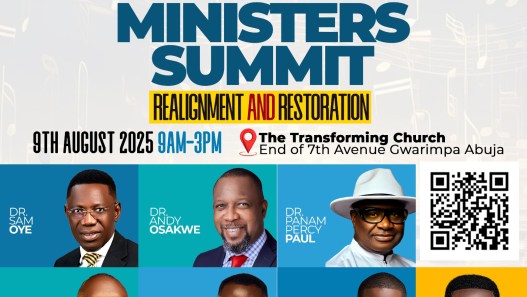
Christian marriages, like any other marriages, can face challenges and struggles. In the 21st century, there are likely many factors that can contribute to the success or failure of a Christian marriage. In this article, we will explore 5 potential reasons why Christian marriages may be struggling in the 21st century and discuss how couples can address these challenges.
- Changing societal expectations:
In the past, marriage was often seen as a social and economic necessity, and the roles of husband and wife were more clearly defined. Women were expected to be homemakers and caretakers, while men were expected to be the breadwinners and decision-makers. Today, these traditional gender roles are less rigid, and many couples may have different expectations of what they want and need from their partner. This can lead to misunderstandings and conflicting expectations within a relationship. For example, one partner may expect the other to take on a more traditional gender role, while the other partner may feel stifled by these expectations and want more equality in the relationship.
- Lack of communication and conflict resolution skills:
Effective communication and the ability to resolve conflicts in a healthy and productive manner are essential in any relationship. Without these skills, couples may struggle to navigate challenges and differences, leading to ongoing tension and ultimately the breakdown of the relationship. Poor communication can lead to misunderstandings, resentment, and a lack of emotional intimacy. On the other hand, couples who have developed strong communication skills and can resolve conflicts in a constructive way are more likely to maintain a healthy, positive relationship.
- Differences in values and beliefs:
Even within the context of a shared faith, couples may have different interpretations of and priorities in regards to their beliefs. These differences can lead to misunderstandings and disagreements that are difficult to resolve. For example, one partner may prioritize weekly church attendance and regular prayer, while the other partner may place a greater emphasis on social justice and charitable work. Without open and honest communication and a willingness to compromise, these differences can create ongoing tension and conflict in the relationship.
- External stressors:
External factors such as financial strain, job loss, illness, and other major life changes can put a lot of pressure on a marriage and can make it more difficult for couples to stay connected and supportive of one another. When couples are facing external stressors, it is important for them to prioritize their relationship and make time for each other, even when things are busy or challenging. Seeking support from trusted friends, family members, or a qualified therapist can also be helpful in managing external stressors and maintaining a strong, healthy relationship.
- Individual issues:
Personal issues such as mental health challenges, addiction, or infidelity can also strain a marriage and make it more difficult for couples to maintain a strong, healthy relationship. These issues can create a sense of distance and mistrust, and may require outside support and intervention to address and resolve. It is important for couples to seek help and support if they are facing individual challenges that are affecting their relationship.
Every marriage is unique, and there is no one-size-fits-all solution to preserving and strengthening a relationship. It can be helpful for couples to seek support from trusted friends, family members, or a qualified therapist to work through any challenges they may be facing. It is also important for couples to be proactive in maintaining a strong, healthy relationship by consistently communicating, resolving conflicts in a healthy way, and prioritizing their












![[Artiste Spotlight] Viktor Sunday: A Creative Music Force [Artiste Spotlight] Viktor Sunday: A Creative Music Force](https://i0.wp.com/sonshub.co/wp-content/uploads/2024/05/Viktur-Sunday-3-scaled.jpg?resize=527%2C703&ssl=1)



